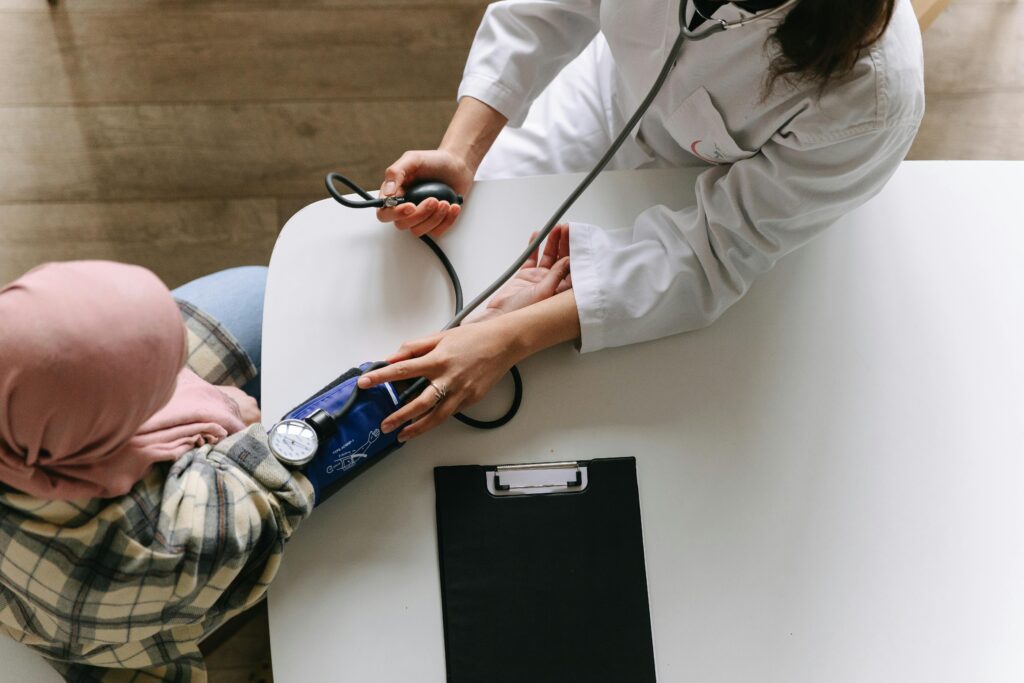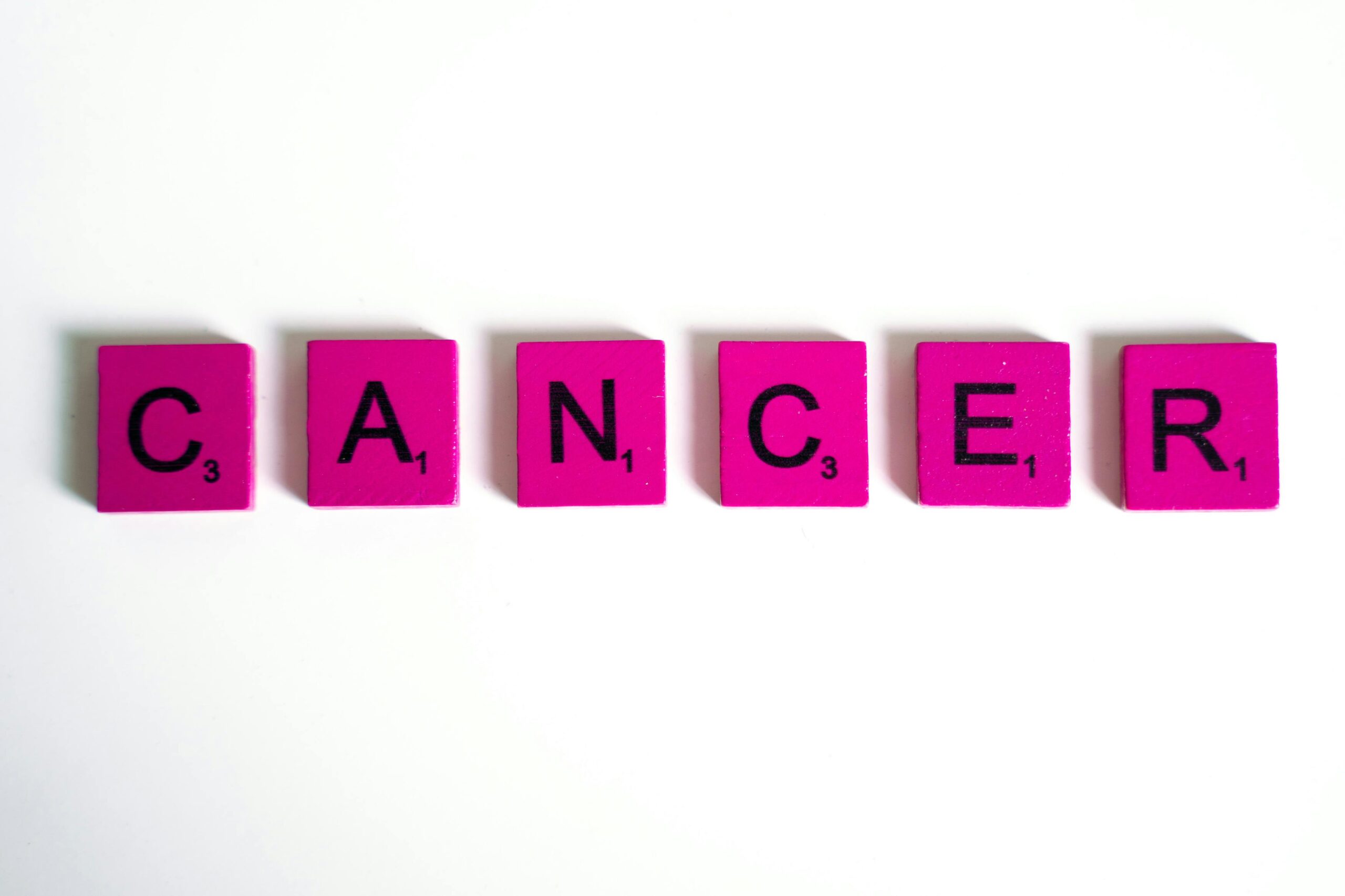Introduction
In today’s world, where cancer poses a significant health threat, understanding the best strategies for prevention and treatment is paramount. This comprehensive guide delves into various facets of cancer, offering insights into prevention techniques, innovative treatment options, and supportive care measures. With a focus on SEO optimization, this article aims to provide valuable information while enhancing online visibility for those seeking answers regarding cancer.

Understanding Cancer: An Overview
What is Cancer?
Cancer is a complex disease characterized by the uncontrolled growth and spread of abnormal cells within the body. These cells can form tumors, impair organ function, and potentially metastasize to other parts of the body.
Types of Cancer
Cancer encompasses a diverse range of diseases, each originating from different types of cells. Common types include breast cancer, lung cancer, prostate cancer, and colorectal cancer, among others.

Causes of Cancer
Various factors contribute to the development of cancer, including genetic predisposition, environmental exposures such as tobacco smoke and ultraviolet radiation, lifestyle choices like diet and physical activity, and infectious agents like human papillomavirus (HPV) and hepatitis B and C viruses.
Preventive Measures Against Cancer
Healthy Lifestyle Practices
Adopting a healthy lifestyle can significantly reduce the risk of developing cancer. This includes maintaining a balanced diet rich in fruits, vegetables, and whole grains, engaging in regular physical activity, avoiding tobacco products, limiting alcohol consumption, and practicing safe sun exposure behaviors.
Screening and Early Detection
Regular cancer screenings can detect abnormalities at an early stage when treatment is most effective. Screening guidelines vary depending on the type of cancer but often involve mammograms, Pap smears, colonoscopies, and prostate-specific antigen (PSA) tests.
Vaccination
Vaccines can effectively prevent certain types of cancer caused by infectious agents. For example, the HPV vaccine helps protect against cervical, anal, and oropharyngeal cancers, while the hepatitis B vaccine reduces the risk of liver cancer.

Innovations in Cancer Treatment
Immunotherapy
Immunotherapy harnesses the body’s immune system to target and destroy cancer cells. This cutting-edge approach has revolutionized cancer treatment, offering new hope to patients with various types of cancer, including melanoma, lung cancer, and leukemia.
Targeted Therapy
Targeted therapy involves the use of drugs or other substances to interfere with specific molecules involved in the growth and spread of cancer cells. By precisely targeting these molecules, targeted therapy can effectively inhibit tumor growth while minimizing damage to healthy cells.
Precision Medicine
Precision medicine utilizes genetic testing and molecular profiling to tailor cancer treatment to the individual characteristics of each patient’s tumor. This personalized approach allows for more precise treatment decisions, potentially improving outcomes and reducing side effects.
Supportive Care for Cancer Patients
Pain Management
Pain is a common symptom experienced by cancer patients, often resulting from the disease itself or its treatment. Comprehensive pain management strategies aim to alleviate pain and improve quality of life through pharmacological and non-pharmacological interventions.
Nutritional Support
Maintaining proper nutrition is crucial for cancer patients to support overall health and enhance treatment outcomes. Registered dietitians can provide personalized nutrition recommendations, addressing challenges such as appetite loss, weight changes, and dietary restrictions.

Psychosocial Support
Cancer diagnosis and treatment can take a significant toll on patients’ emotional well-being. Psychosocial support services, including counseling, support groups, and mindfulness-based interventions, play a vital role in addressing the psychological and social aspects of cancer care.
Common warning signs of cancer
Common warning signs include persistent changes in bowel or bladder habits, unexplained weight loss, unusual bleeding or discharge, prolonged cough or hoarseness, and persistent indigestion or difficulty swallowing.
Cancer screening
The frequency of cancer screening depends on various factors, including age, gender, family history, and personal risk factors. Consult with your healthcare provider to determine the appropriate screening schedule for you.
Alternative therapies for cancer treatment
While some alternative therapies may offer symptom relief or support, they should not replace conventional cancer treatment. It’s essential to discuss any complementary or alternative therapies with your healthcare team to ensure they are safe and appropriate for your specific situation.
Support a loved one with cancer
Supporting a loved one with cancer involves offering emotional support, assisting with practical needs, and being present as a source of comfort and encouragement. Listening actively, respecting their autonomy, and providing reassurance can make a significant difference in their journey.
Cancer as hereditary
While genetic factors can influence the risk of developing certain types of cancer, most cancers are not solely hereditary. Environmental and lifestyle factors also play significant roles in cancer development. Genetic counseling can help assess individual cancer risk and inform decision-making.
Cope with the side effects of cancer treatment
Coping with the side effects of cancer treatment involves a multifaceted approach, including medication management, lifestyle adjustments, and supportive care interventions. Open communication with your healthcare team and seeking support from loved ones can help navigate challenges effectively.
Conclusion
In conclusion, navigating the complexities of cancer requires a multifaceted approach encompassing prevention, early detection, innovative treatment modalities, and comprehensive supportive care. By adopting healthy lifestyle practices, staying informed about screening recommendations, exploring cutting-edge treatment options, and accessing supportive services, individuals can empower themselves in the fight against cancer. Remember, early detection saves lives, and every step toward cancer prevention and treatment is a step toward a healthier future.



